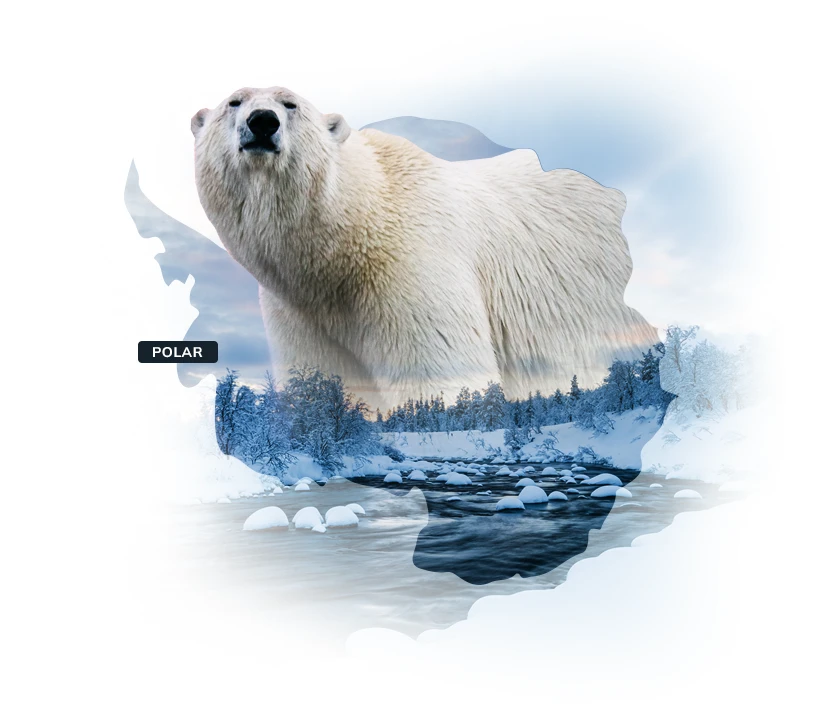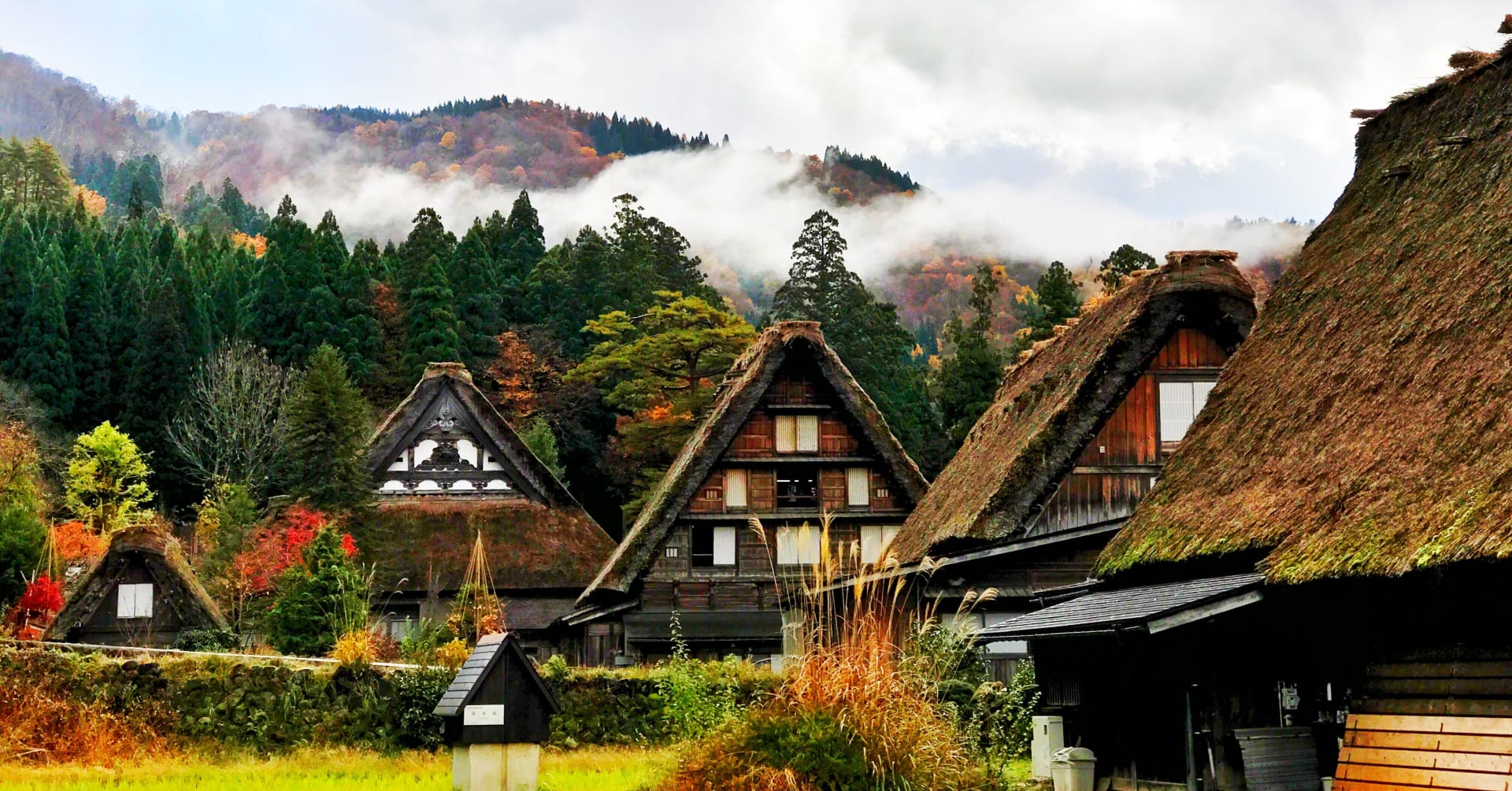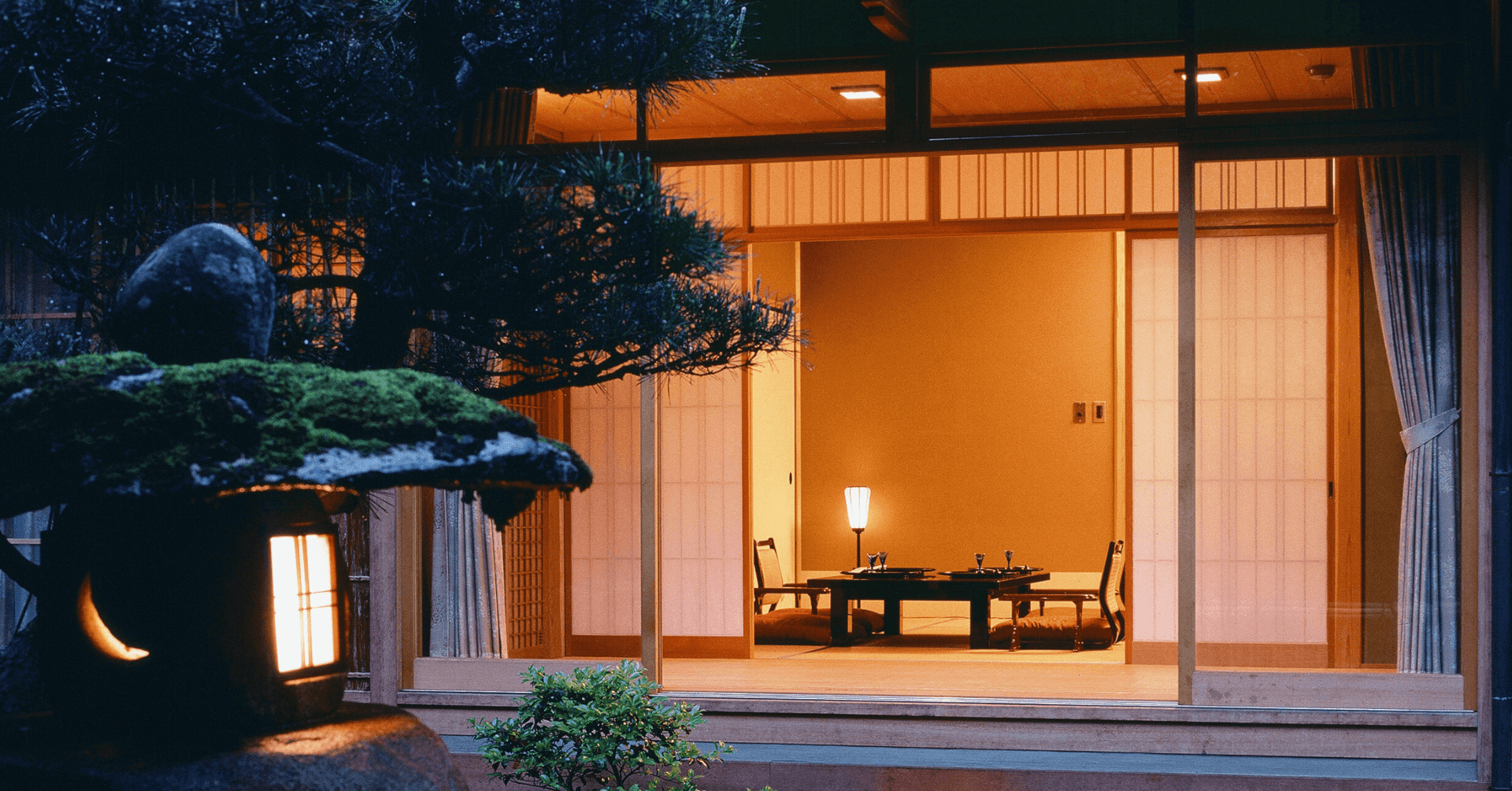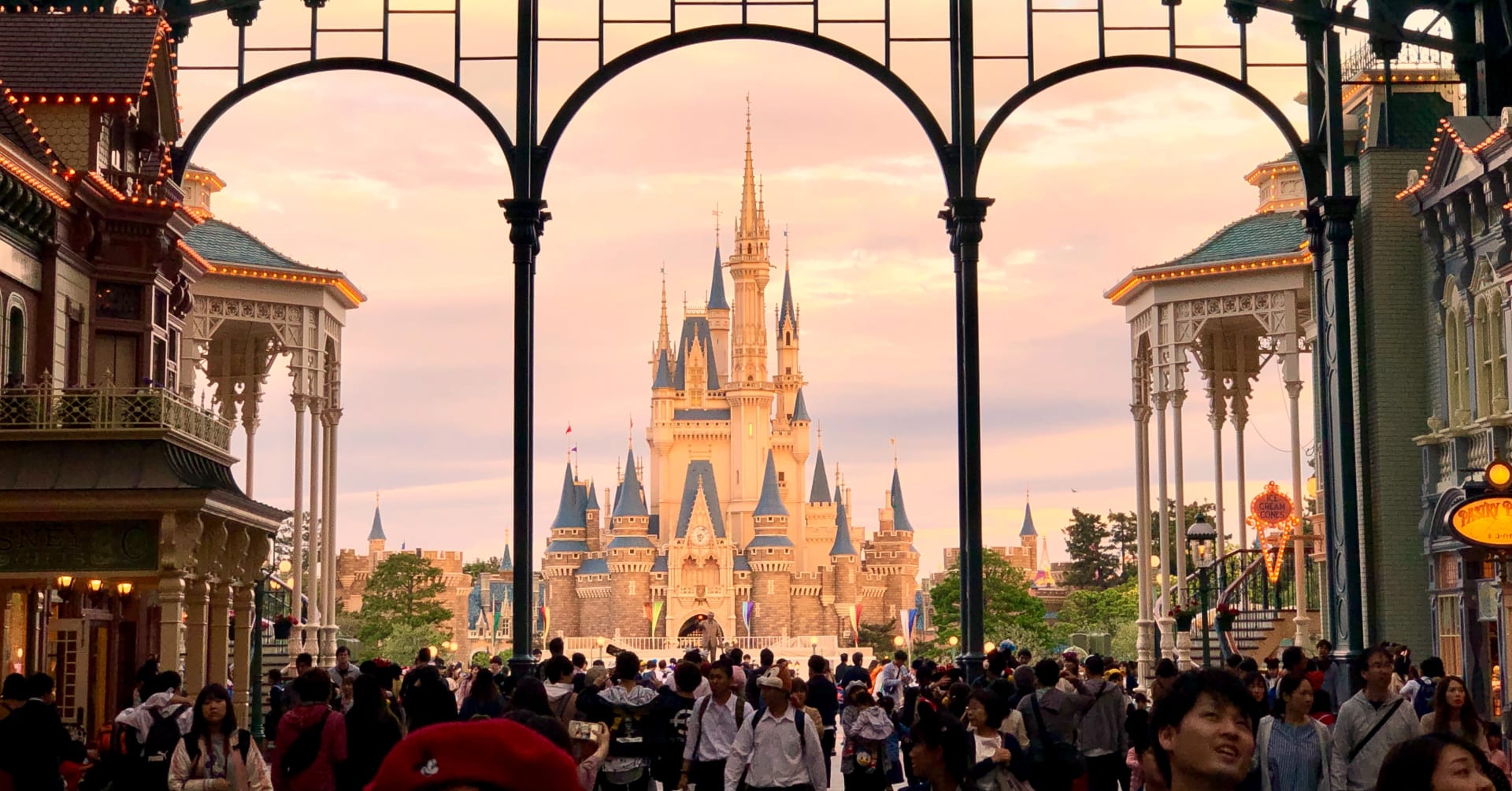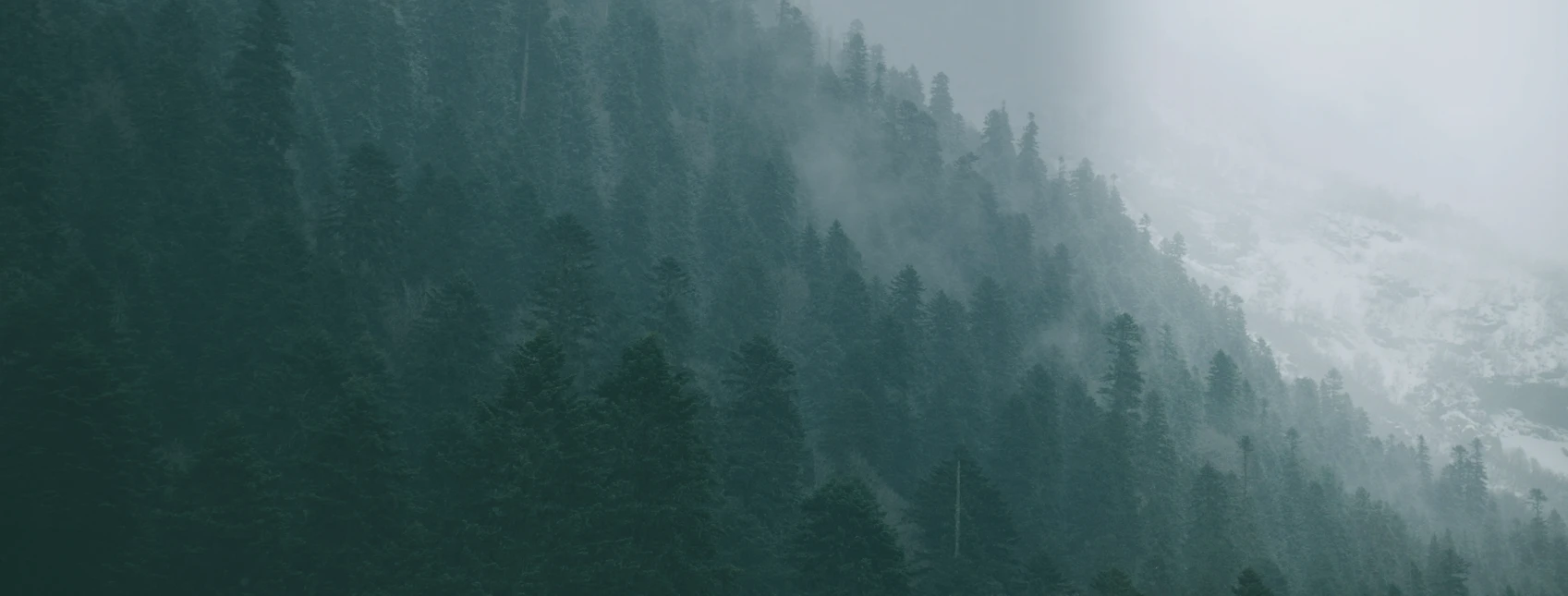Learn key Japanese phrases, how to get around and the basics of Japanese etiquette.
At Wayfairer, we are committed to responsible, sustainable and ethical tourism in Japan, and we’re proud to work with a fantastic local operator that shares our values with regards to responsible tourism.
We have also chosen to work with hotels and traditional guesthouses which are committed to sustainable tourism and follow environmentally responsible practices with regards to recycling and energy conservation.
We encourage all of our clients who are visiting Japan to travel in a responsible and respectful manner to ensure that tourism has a positive impact on the economy, the environment and the local communities.
Here are our tips for responsible travel in Japan:
- Local Guides
- Cultural Exchanges
- Authentic Travel Experiences
- Religion
- Photography
- Transport
- Accommodation
- Food
- Recycling
- Language
Looking for travel inspiration? Wayfairer trip ideas that will take you to Japan
(hover and click to see the full itinerary)
Local Guides
If you’re travelling to Japan on a Wayfairer holiday, you’ll discover the country’s main tourist sites and off-the-beaten-track places with expert local guides, who will offer an insight into Japanese culture, traditions, heritage and religions.
Our guides in Japan are highly experienced and extremely knowledgeable, so we encourage you to make an effort to get to know them and show an interest in their culture and customs.
By gaining a deeper understanding about Japan’s culture, traditions, rich heritage and religious beliefs you’re likely to have a much more interesting and meaningful travel experience.

Cultural Exchanges
Japanese people are extremely gracious hosts and they will often go out of their way to ensure that you have a fantastic experience during your visit to Japan. They are known for their kindness and generosity, and you can expect to be touched by their genuine hospitality.
We believe that sustainable travel means authentic interaction with locals, and on a Wayfairer tailor made holiday to Japan there are plenty of opportunities for interactions with local people.
On selected Japan itineraries you can enjoy afternoon tea in Gion (Kyoto's famous geisha district) with a ‘maiko’ (apprentice geisha), where you will be allowed to take photographs and ask questions; you can visit Mount Koya (Koya-san) and stay in a ‘shukubo’ (temple lodgings), where you’ll meet Buddhist monks and gain an insight into their simple and traditional lifestyle.
Authentic Experiences
At Wayfairer, we aim to give our clients authentic cultural experiences, such as meeting an apprentice geisha in Kyoto, staying at a traditional Japanese ryokan (guesthouse) and taking part in a meditation session or tea ceremony with a Zen Buddhist monk at Gesshin-In Temple at the foot of the Higashiyama Mountains. We believe that the best way to learn about the culture of Japan is through immersive experiences.
Religion
Buddhism and Shinto are the main religions in Japan and throughout the country there are thousands of beautiful temples and shrines you can visit (as a general rule, temples are usually Buddhist and shrines are usually Shinto).
If you visit a temple or shrine you are expected to dress respectfully. Ideally, women should cover their shoulders and men should wear long trousers rather than shorts (you’ll notice that not many Japanese men wear shorts in public). You’ll have to remove your shoes, sandals or flip flops when entering temples and other religious sites, and there are slippers by the entrance for you to use. You can learn more about temple etiquette on the Japan Guide website.
Photography may be permitted within the temple grounds, however it is forbidden inside the temples. Look out for signs which indicate whether taking photos is not allowed (a sign with a crossed out camera indicates that the area you are in or the object you’re in front of should not be photographed. The Japanese term for “photography forbidden” is ‘satsuei kinshi’).
Photography
Taking photographs of people in the streets is a sensitive topic in Japan. Please ensure that you ask for permission before taking a person’s photo and if they indicate that they do not want you to, you must respect this.
You can ask someone whether taking a photo is permitted by asking: “sumimasen, shashin o totte mo ii desu ka?” and if they nod and smile you can go ahead and take a portrait shot, but if they cross their arms this is a definite no. (Please note that selfie sticks are banned in certain locations in Japan, including JR train stations).
Transport
When travelling around Japan, we recommend that you use public transport rather than private cars or mini-buses.
On our Japan tailor made holidays, we aim to use public transport as much as possible, including trains, subways, local buses, cable cars, trams, boats and ferries - and there are also opportunities to hire bikes to explore the main cities or rural towns and villages.
We believe that using public transport in Japan is a much better option than using private vehicles. Travelling by train offers an opportunity to mix with locals (these personal encounters can often be the highlight of your trip!), and travelling by train also reduces carbon emissions and road congestion, making it a more environmentally friendly option.
You can learn more about how to use public transport in Japan on the Matcha Japan Travel Magazine website.
Accommodation
If you’re planning a trip to Japan, we recommend that you choose small, local hotels and traditional inns rather than international chain hotels. This helps to support local communities and allows you to experience the famous Japanese hospitality and local food.
On our Japan tailor made holidays, we tend to use locally owned and managed hotels and guesthouses, rather than international chains, as we believe that it provides a more authentic experience for our clients.
Wayfairer Top Tip: Ask your Wayfairer Luxury Travel Consultant to include a stay at a ryokan in your Japan tailor made holiday. Ryokans (traditional Japanese guesthouses) are found throughout the country, especially in hot spring resorts and they offer a fantastic opportunity to experience traditional Japanese culture, hospitality and food.
We ask our clients to follow any environmental policies that their hotel or guest house may have in place. Many of the properties we use offer guests the option not to have their towels washed every day and by reducing the quantity of towels they wash, they reduce water consumption, energy and use of detergents.
You should also ensure that you turn off or turn down the air conditioning in your room when you do not need it, and ensure that you switch off the lights when leaving your hotel room.
Food
During your time in Japan, we encourage you to be adventurous and eat in local restaurants, cafés and street stalls. Not only does this help to support the local economy, but it will also give you a more authentic holiday experience than eating in hotel restaurants every evening.
Wayfairer Top Tip: Japan gets through roughly 24 billion pairs of ‘waribashi’ (disposable chopsticks made of wood or bamboo) every year. That's 185 pairs for every person in Japan! During your visit to Japan, we urge you to use as few waribashi as you possibly can and we recommend buying a pair of non-plastic, reusable chopsticks to use in restaurants where waribashi are the only option.
Recycling
The Japanese take recycling very seriously and everywhere you go you’ll find separate bins for your rubbish. As a visitor to Japan, please ensure that you do your part by placing all your rubbish - plastic water bottles, cans etc - into the appropriate recycle bins found in parks, train stations and other public places.
Wayfairer Top Tip: Tap water is safe to drink in Japan so we recommend that you travel with a refillable bottle, so that you can avoid buying plastic bottles of water from shops or vending machines.
Language
The Japanese are renowned for their politeness and learning to say ‘please’ and ‘thank you’ in their language goes a long way. Here are some basic words which will be useful to learn:
- Hello: Kon'nichiwa
- Please: Onegaishimasu
- Thank you: arigatou gozaimasu
- Cheers: Kanpai
- How much? Ikura
When dining with others in Japan, it is customary and polite to say "itadakimasu" ("I gratefully receive") before eating and "gochisosama” ("thank you for the meal") after finishing the meal.
If you’re planning a trip to Japan we hope that these tips will help you to travel in a more responsible and sustainable manner. Begin planning your responsible holiday to Japan today by enquiring with our luxury travel specialists.





